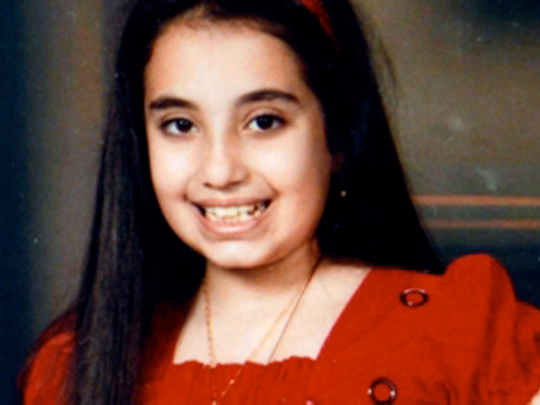
Sharjah/Ajman: Families who lost loved ones in suspected pesticide poisoning cases in the UAE have recounted their ordeal, warning residents to shun cheap but unlicensed pest control services that pose a public health risk.
Ibrahim, an Iraqi engineer in Sharjah, lost his daughter Farah to pesticide poisoning earlier this month. His wife and son, who were also exposed to a toxic gas, are in critical condition at hospital, doctors told Gulf News.
“This Ramadan there is no Farah and my wife and son are in hospital fighting for their lives. I and my other son Hussain are staying with relatives and friends,” Ibrahim said.
“Authorities should punish any company or individual who misuses pesticides or is not licensed to handle it.
“I’m bearing the cost of some one else’s mistake, who will bring my daughter back?”
Farah was the fourth victim of suspected poisoning in just over a month. Two Bangladeshi girls, Hafza and Sawda, died in Ajman on June 1 and a Filipina beauty salon worker, 35, died in Fujairah in similar circumstances last month.
“My life has died,” said Habib Allah Miah, father of the two girls, with tears rolling down his face.
“I used to see my two daughters running about in the house, laughing, playing. Their death changed every aspect of my family life, they have left an enormous emptiness.”
“All bereaved parents know that ‘nothingness’. That moment when the kids’ noise, that you sometimes wished for five minutes you didn’t have in your life, turns into a deafening silence. And that moment is so terrifying that you find yourself in a place you never knew existed.”
He added: “We – my wife and I – have lost two children and we are the only people in the world who know how that feels. We are passionate about not letting this forever damage our family,” he added.
“To protect the life of other people, I call all upon all concerned authorities to do what they can to see this doesn’t happen to others.”










